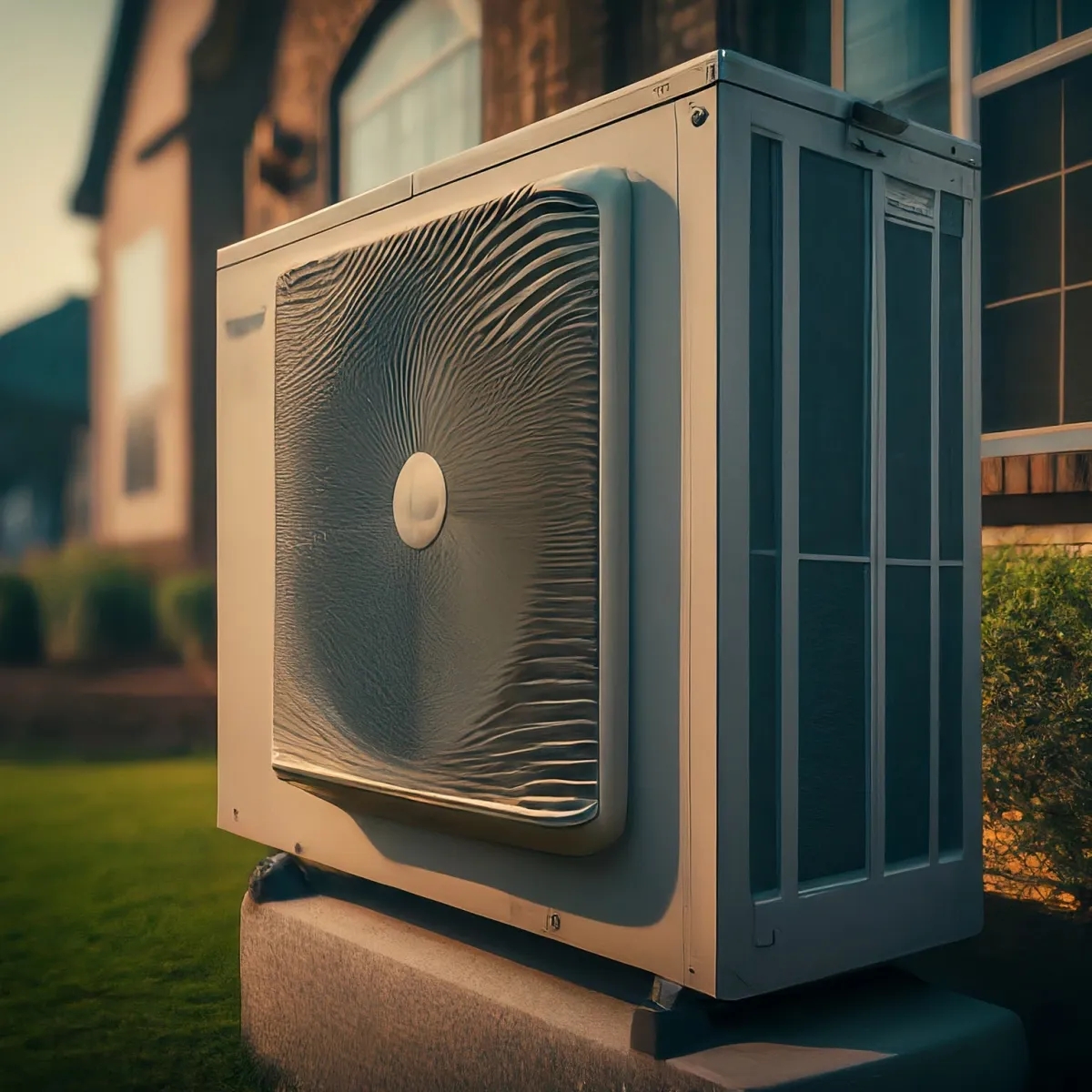
Week 21: Breathe Easy: The Importance of HVAC Maintenance for Clean Air and Efficiency
Breathe Easy: The Importance of HVAC Maintenance for Clean Air and Efficiency
Your HVAC (Heating, Ventilation, and Air Conditioning) system plays a crucial role in maintaining indoor air quality and comfort levels throughout your home. Regular maintenance is essential to ensure that your HVAC system operates efficiently and effectively, providing clean air and optimal performance. In this blog post, we'll discuss the importance of HVAC maintenance, focusing on the simple yet impactful task of changing HVAC filters regularly.
The Benefits of HVAC Maintenance
Cleaner Air: A well-maintained HVAC system helps remove dust, pollen, pet dander, and other airborne particles from the air, improving indoor air quality and reducing allergy symptoms and respiratory issues.
Improved Efficiency: Dirty or clogged HVAC filters restrict airflow and force the system to work harder to maintain desired temperatures, leading to increased energy consumption and higher utility bills. Regular maintenance helps keep your system running efficiently, saving energy and money in the long run.
Extended Lifespan: By addressing minor issues and performing routine maintenance tasks such as filter changes, you can prolong the lifespan of your HVAC system, reducing the need for costly repairs or premature replacement.
The Importance of Changing HVAC Filters
One of the most critical aspects of HVAC maintenance is changing the system's filters regularly:
Optimal Performance: Clean filters allow for proper airflow, ensuring that your HVAC system operates efficiently and effectively without strain or overwork.
Air Quality: Dirty filters can become breeding grounds for mold, bacteria, and other contaminants, compromising indoor air quality and posing health risks to occupants.
Energy Savings: By replacing dirty filters with clean ones, you can reduce energy consumption and lower your heating and cooling costs by up to 15%.
How Often Should You Change HVAC Filters?
It's recommended to change HVAC filters every 1 to 3 months, depending on factors such as:
Usage: Homes with pets, smokers, or occupants with allergies may require more frequent filter changes due to higher levels of airborne contaminants.
Seasonal Changes: During peak heating or cooling seasons, when the HVAC system is running more frequently, filters may become clogged faster and require more frequent replacement.
Filter Type: High-efficiency filters or specialty filters may have longer lifespans but still require regular inspection and replacement as needed to maintain optimal performance.
Changing HVAC Filters: A Simple Task with Big Benefits
Changing HVAC filters is a straightforward task that can have a significant impact on your indoor air quality, energy efficiency, and overall comfort. Here's how to do it:
Locate the Filter: Find the air filter compartment on your HVAC system, typically located near the return air duct or blower unit.
Remove the Old Filter: Carefully slide out the old filter from its housing, noting the direction of airflow indicated on the filter frame.
Install the New Filter: Insert the new filter into the housing, ensuring it's positioned correctly according to the airflow direction arrows.
Dispose of the Old Filter: Dispose of the old filter responsibly, either by recycling it if possible or sealing it in a plastic bag before placing it in the trash.
Conclusion
Regular HVAC maintenance is essential for ensuring clean air, optimal performance, and energy efficiency in your home. By changing HVAC filters regularly and addressing any maintenance issues promptly, you can enjoy improved indoor air quality, lower energy bills, and a longer lifespan for your HVAC system. Don't overlook this simple yet impactful task—make changing HVAC filters a priority in your home maintenance routine.
Need to book with us to have some electrical work done? Schedule a call on our calendar.
